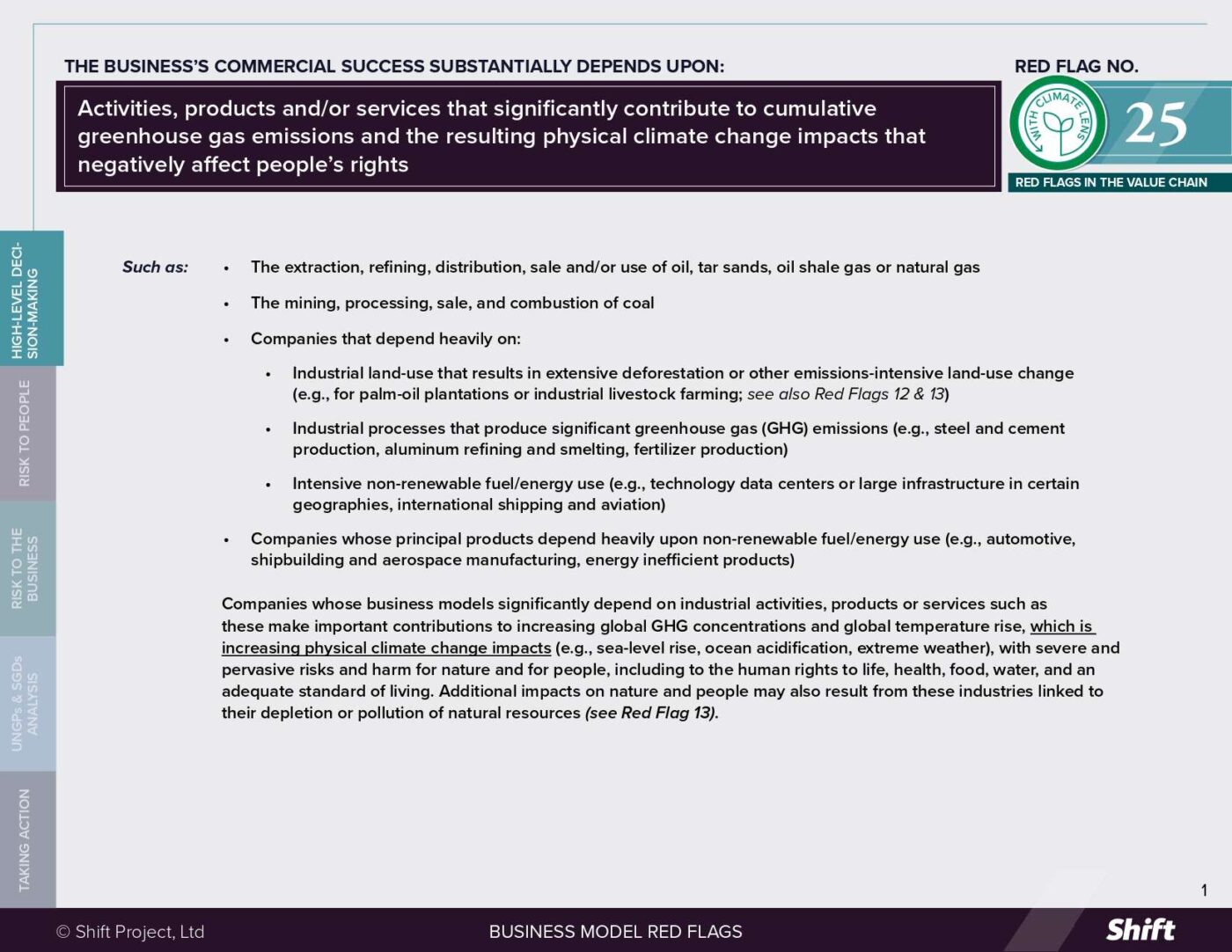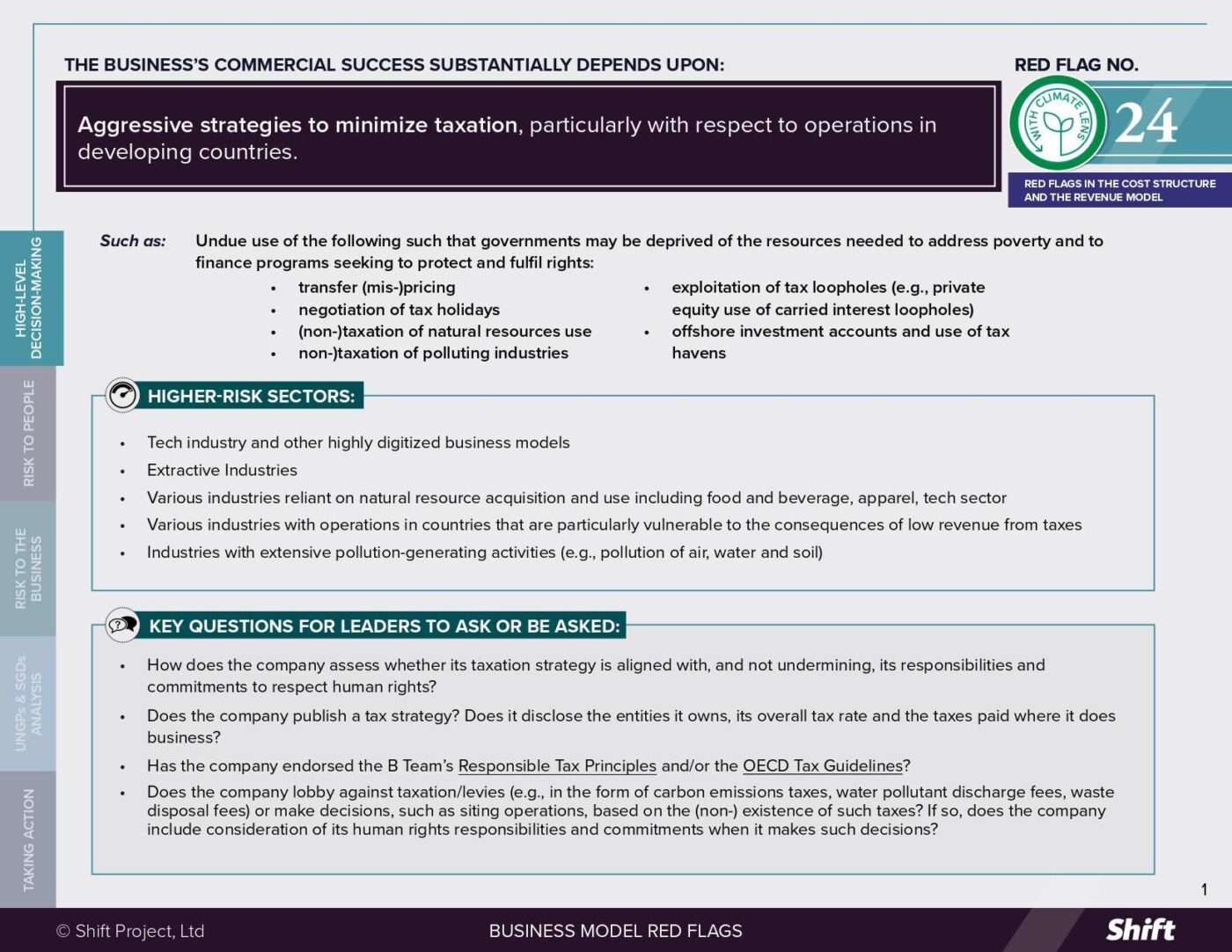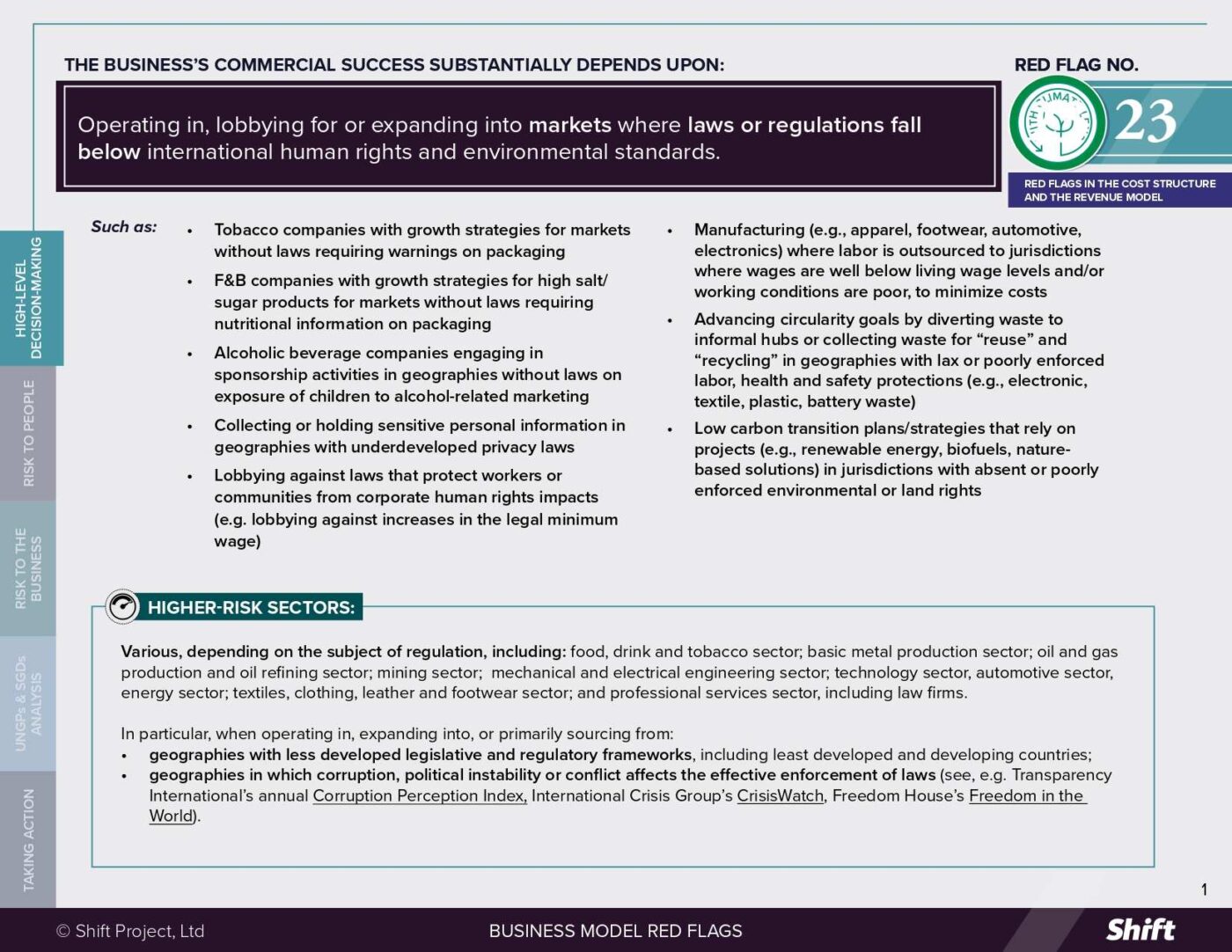Also see: Description of our work supporting this process | Overview of our work with financial institutions on the Guiding Principles
In an “exceptional agreement” signed Friday October 28 in The Hague, a multistakeholder group including individual banks, the Dutch banking association, the government, unions and civil society have agreed to a commitment and course of action to ensure Dutch banks respect human rights in line with the UN Guiding Principles on Business and Human Rights and the OECD Guidelines for Multinational Enterprises.
This agreement is the second resulting from the Dutch government-led “covenant process” that brings together companies, government, unions and civil society to agree on collaborative approaches to manage human rights, environmental and related risks in specific Dutch industries’ global value chains. Shift is very pleased to be supporting the Dutch Ministries of Foreign Affairs and Economic Affairs and the Social and Economic Council of the Netherlands (SER) to help facilitate the dialogue processes that bring about these agreements.
The complete agreement is available here, and the SER’s press release is available here.
Key elements of the agreement include:
- The agreement goes beyond the area of project finance (where most attention has been focused to date) and includes all general corporate loan activities by the adhering (signing) banks. This means, for example, that the banks commit to promote free, prior and informed consent (FPIC) principles that are currently applicable in a project finance context also with corporate loan clients where there is a “fair possibility of land rights violations”;
- It goes beyond the fact of having a policy commitment to focus on the need for the adhering banks to strengthen their human rights due diligence processes, specifically in risk assessment and taking action on identified risks, including through improved client engagement on human rights issues;
- It commits the signatory parties to develop a publicly available database that can provide reliable information about human rights risks and serve as one of the sources of the banks’ due diligence, and also to undertake a series of public “value chain risk mapping exercises,” drawing on a methodology developed by the SER and Shift, starting with the palm oil, cocoa and gold value chains to better identify where banks can use their leverage to address impacts occurring at different points in those value chains;
- The agreement has a particular focus on transparency and reporting, and the adhering banks commit in 2017 to work towards “reporting in line with or equivalent to the UN Guiding Principles Reporting Framework“;
- The adhering banks recognize their responsibility to provide remedy, including using their leverage to encourage their clients to meet their own responsibilities in this regard; but the agreement also provides for further work on this topic through a dedicated working group that will develop further recommendations by the end of 2017 and the creation of an independent expert advisory mechanism that can support the banks with the handling of complaints;
- The agreement also provides for further work to be undertaken on how banks can build and use leverage (drawing on Shift’s core categories of leverage);
- The government, trade union and NGO signatories commit to a range of activities to support the banks in meeting their responsibilities under the agreement, including through sharing information and expert perspectives on challenging issues;
- The parties agree that if a parallel covenant on managing risks in asset management (involving pension funds, insurers and institutional investors) is not concluded by the end of 2016, then they will move to address that topic as well (within the realm of banking activities);
- Finally, the agreement establishes a multistakeholder steering committee and an independent monitoring committee and sets out in detail how disputes between the parties are to be resolved.



